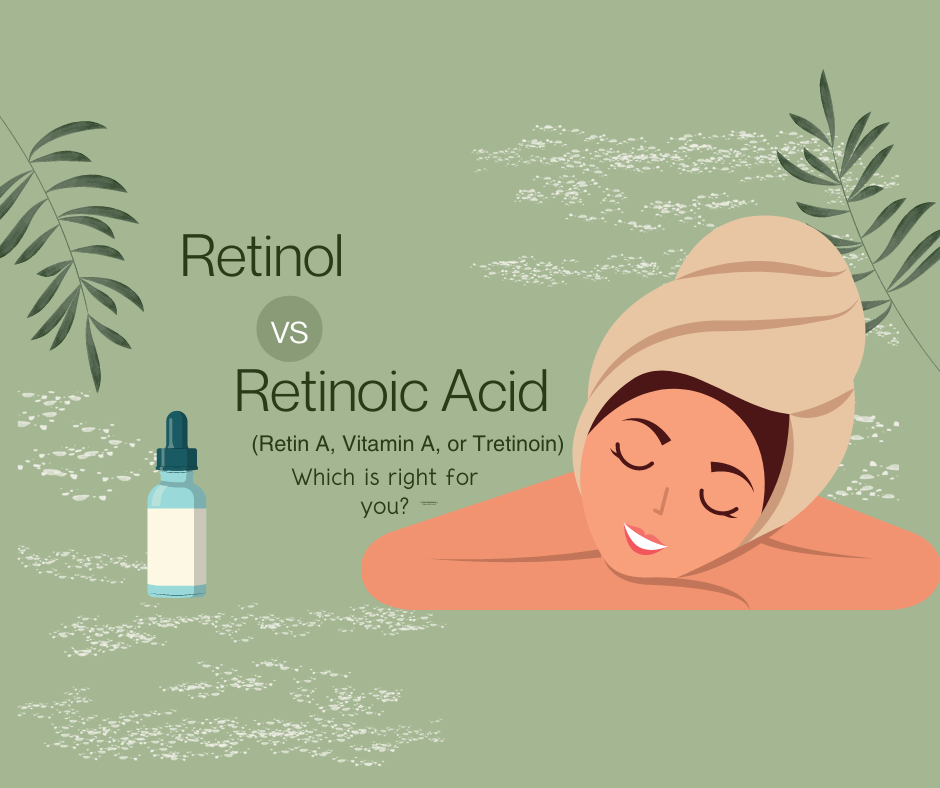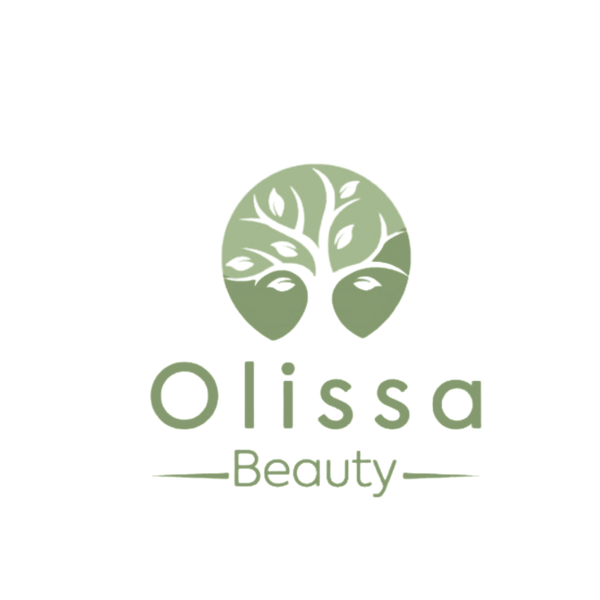
Exploring the Differences Between All-Trans Retinol and All-Trans Retinoic Acid: Understanding Their Roles in Skincare
In the realm of skincare, ingredients like retinol and retinoic acid often steal the spotlight for their remarkable anti-aging and skin-renewing properties. However, understanding the disparity between all-trans retinol and all-trans retinoic acid is crucial for making informed choices in skincare routines. Both derivatives of vitamin A, these compounds possess distinct characteristics and functions that merit exploration.
WHAT IS TRANS RETINOL?
All-trans retinol, a form of vitamin A, is a precursor to retinoic acid, commonly found in skincare products. It undergoes enzymatic conversion within the skin to become retinaldehyde and subsequently retinoic acid, which is the active form exerting its effects on skin cells. Retinol is celebrated for its ability to enhance collagen production, diminish fine lines and wrinkles, and improve skin texture and tone. Its gradual conversion to retinoic acid makes it a milder option compared to its more potent counterpart, retinoic acid.
UNDERSTANDING ALL-TRANS RETINOIC ACID:
All-trans retinoic acid, also known as tretinoin, is the biologically active form of vitamin A. Unlike retinol, it does not require conversion within the skin to manifest its effects. Retinoic acid interacts directly with specific receptors in the skin cells, influencing gene expression and prompting cellular turnover. This process results in accelerated exfoliation, improved skin elasticity, and decreased hyperpigmentation. Retinoic acid is notably potent, often prescribed as a treatment for acne, photoaging, and other dermatological conditions. However, its potency also comes with a higher likelihood of irritation, especially for those with sensitive skin. Irritation can compromise the skin barrier, therefore thinning the skin.

KEY BENEFITS of ALL-TRANS RETINOL OVER ALL-TRANS RETINOIC ACID:
1. Potency: Although Retinoic acid is more potent than retinol due to its direct activity on skin receptors, the latter only requires enzymatic conversion to become active, yielding the same effectiveness in time.
2. Efficacy: Retinoic acid tends to deliver faster and more pronounced results compared to retinol. It is often recommended for addressing stubborn skin concerns such as severe acne and deep wrinkles. However, long-term use of tretinoin (retinoic acid) can lead to tolerance and eventual ineffectiveness of retinoic acid. Retinol, on the other hand, gradually offers the same results as tretinoin, yet the building of tolerance is not an issue.
3. Sensitivity: Retinol is generally better tolerated by individuals with sensitive skin since its conversion to retinoic acid occurs gradually, allowing the skin to adjust. Conversely, retinoic acid may cause irritation, redness, and flakiness, particularly during the initial stages of use.
4. Accessibility: Retinol is widely available over-the-counter in various skincare products, ranging from serums to moisturizers. Moreover, retinoic acid is typically available through prescription-only formulations, such as tretinoin creams or gels.
Choosing the Right Option for Your Skincare Routine:
Determining whether to incorporate retinol or retinoic acid into your skincare regimen depends on various factors, including your skin type, concerns, and tolerance level. Individuals with sensitive skin or those new to vitamin A derivatives may benefit from starting with retinol formulations to minimize the risk of irritation. Conversely, individuals seeking rapid results for severe skin issues may opt for prescription-strength retinoic acid under the guidance of a dermatologist.
Bottom Line on Retinols: You Want One!
All-trans retinol and all-trans retinoic acid, both derivatives of vitamin A, offer distinct benefits and considerations in skincare. While retinol serves as a milder option suitable for most skin types, both provide potent effects that can address stubborn skin concerns effectively. Understanding the disparities between these compounds empowers individuals to make informed decisions when selecting products to enhance their skincare routines, ultimately leading to healthier, more radiant skin.
Olissa Beauty uses All-Trans Retinol in our special formulation Retinol Rescue. Our retinol is lipid-based, which is preferred to avoid the destabilization of retinol as can occur with water-based formulas. Olissa Beauty also offers a gentle retinoid cream, Blue Moon Moisture.
